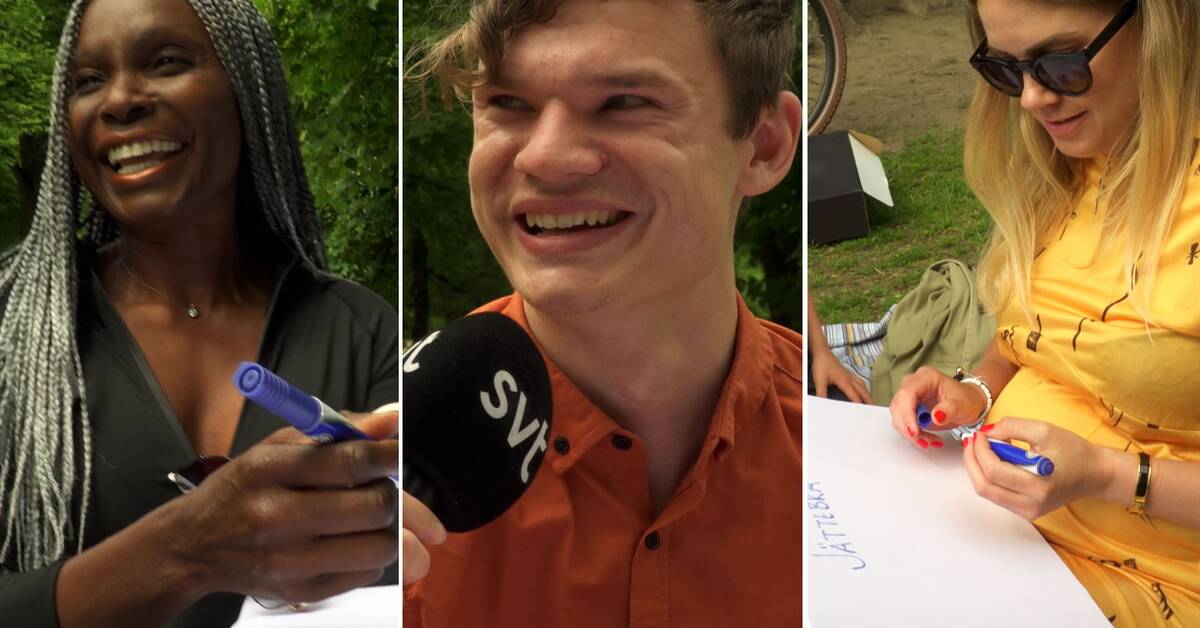Anna Heuman has dived into discussion threads in blogs, on Twitter and on the app Yodel, which is aimed at young people and students.
Her research shows that those who make language mistakes are often met with derogatory and ridiculous comments.
- I had expected that language evokes emotions.
But I did not expect an app like Jodel, which is anonymous and very informal, to have such a strong "correction culture", she says.
Special writings provoke the most
Spelling incorrectly or not being able to distinguish "them" from "them" is often perceived as provocative.
But there is a language sin that is greater than all others.
- Special writings are what the language police take the most.
They are easy to identify and therefore they are also easy to comment on.
I think we are many who think that special writings have become more common and more accepted?
- As far as I know, there are no studies that have measured it.
What I can imagine, however, is that with digitalisation and social media, we see much more written language in general, but also informal language.
We do not have gatekeepers and editors in the same way, then you can imagine that these special writings are more visible in everyday life.
Does it look the same with language cops on other social media?
- I can not say that it looks like this everywhere.
But some patterns are repeated in the places I have looked at, so there is reason to believe that it occurs further in society as well.
I think there is a strong language police culture in many places, absolutely, says Anna Heuman.

